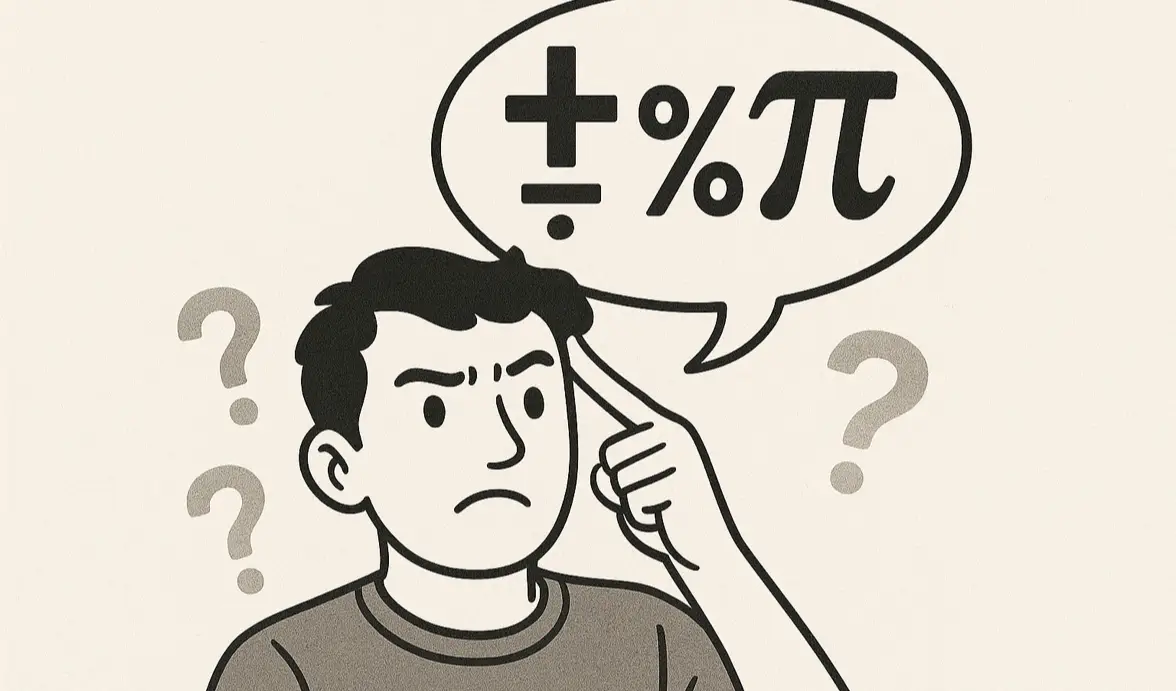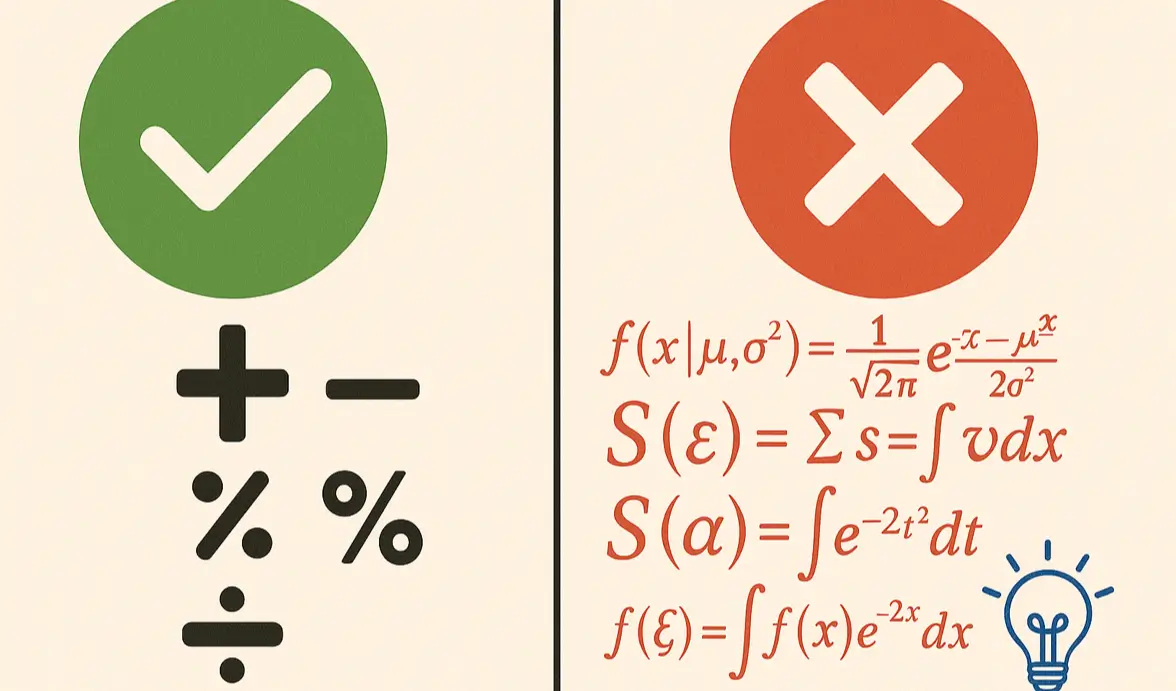
If you’ve been thinking about learning data analysis but have hesitated because you’re “not good at math,” you’re definitely not alone. In fact, one of the most common concerns we hear from beginners is exactly this:
“I’d love to work in data, but I’ve never been great at math. Is this really for me?”
The short answer is: yes, you can absolutely become a data analyst—even if math has never been your strong suit. In this article, we’ll break down how much math you actually need, what skills matter most, and why data analysis is a field where curiosity, logic, and problem-solving are far more important than complicated formulas.
When people hear the word “data,” they often imagine complicated equations, calculus, or the kind of math they struggled with in school. But the truth is, data analysis does not require advanced math—especially not at the beginner or entry-level.
Here’s what you do need:
Here’s what you don’t need:

If you can understand a graph, interpret a percentage, and work with spreadsheets—you’re already off to a good start.
While math is part of the picture, many successful data analysts come from backgrounds in marketing, business, social sciences, or humanities. Why? Because data analysis is really about solving problems and telling stories with information.
Here are the skills that matter most:
Good analysts ask questions. Why are sales down this month? What’s causing users to drop off? You don’t need math to be curious—you just need to care about finding answers.
You’ll often work with incomplete or messy data. Being able to spot patterns and think logically is more valuable than knowing a complex equation.
It’s one thing to find insights; it’s another to explain them clearly to a non-technical team. Visuals, dashboards, and simple explanations matter a lot—and math isn’t required for any of that.
Most data analysts use tools like Excel, SQL, Power BI, and Python to do the heavy lifting. These tools handle the math for you—you just need to understand how to use them effectively.

At Linero Tech, we know that not everyone is a “math person.” That’s why our Data Analyst programme is designed specifically for beginners. We introduce math concepts gradually, with real-world examples—not textbook theory.
Here’s how we make it easier:
Many people think they’re “bad at math” because of past school experiences—but in most cases, it’s more about how it was taught than your ability to learn it. Data analysis is practical, applied, and visual. It’s not about solving math puzzles for the sake of it—it’s about finding answers to real questions.
And here’s a secret: even professional data analysts use tools, calculators, and Google to help with the math. What matters most is knowing how to approach a problem—not memorizing formulas.
That’s completely normal—and that’s exactly why Linero Tech exists. We believe that anyone can learn data analysis with the right support. If you join our programme, you’ll be part of a small group, with:

By the end of the programme, you’ll be surprised at how confident you feel working with data (especially after your internship)—even if you were nervous at the start.
So, can you become a data analyst if you’re not good at math?
Yes. You can.
If you’re curious, detail-oriented, and motivated to learn, math won’t be a barrier—it’ll become just another tool in your toolkit.
At Linero Tech, we’ll teach you everything you need to know, one step at a time, using hands-on projects and real-world data. You don’t need a math degree. You don’t need to be a genius. You just need a willingness to learn.





